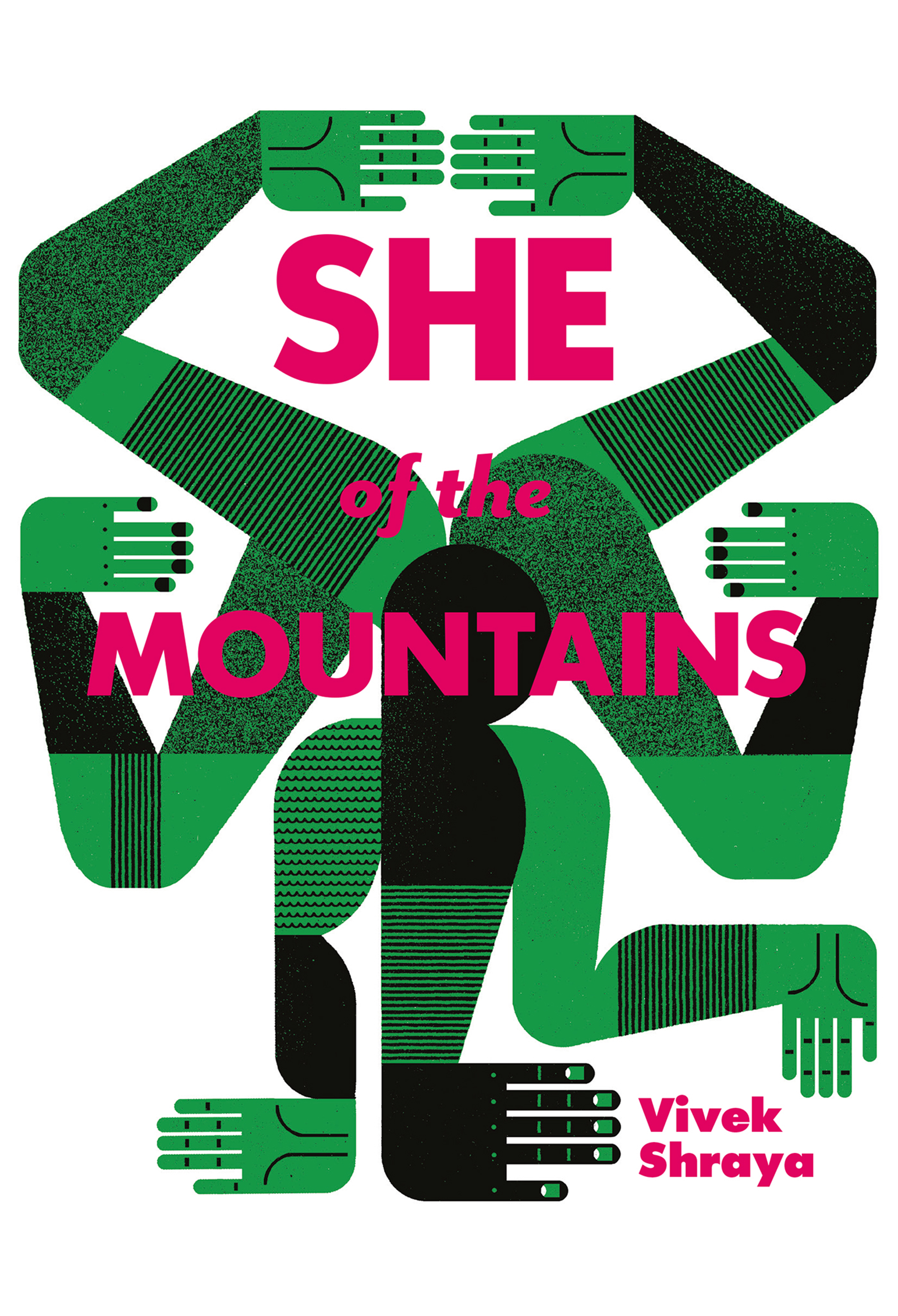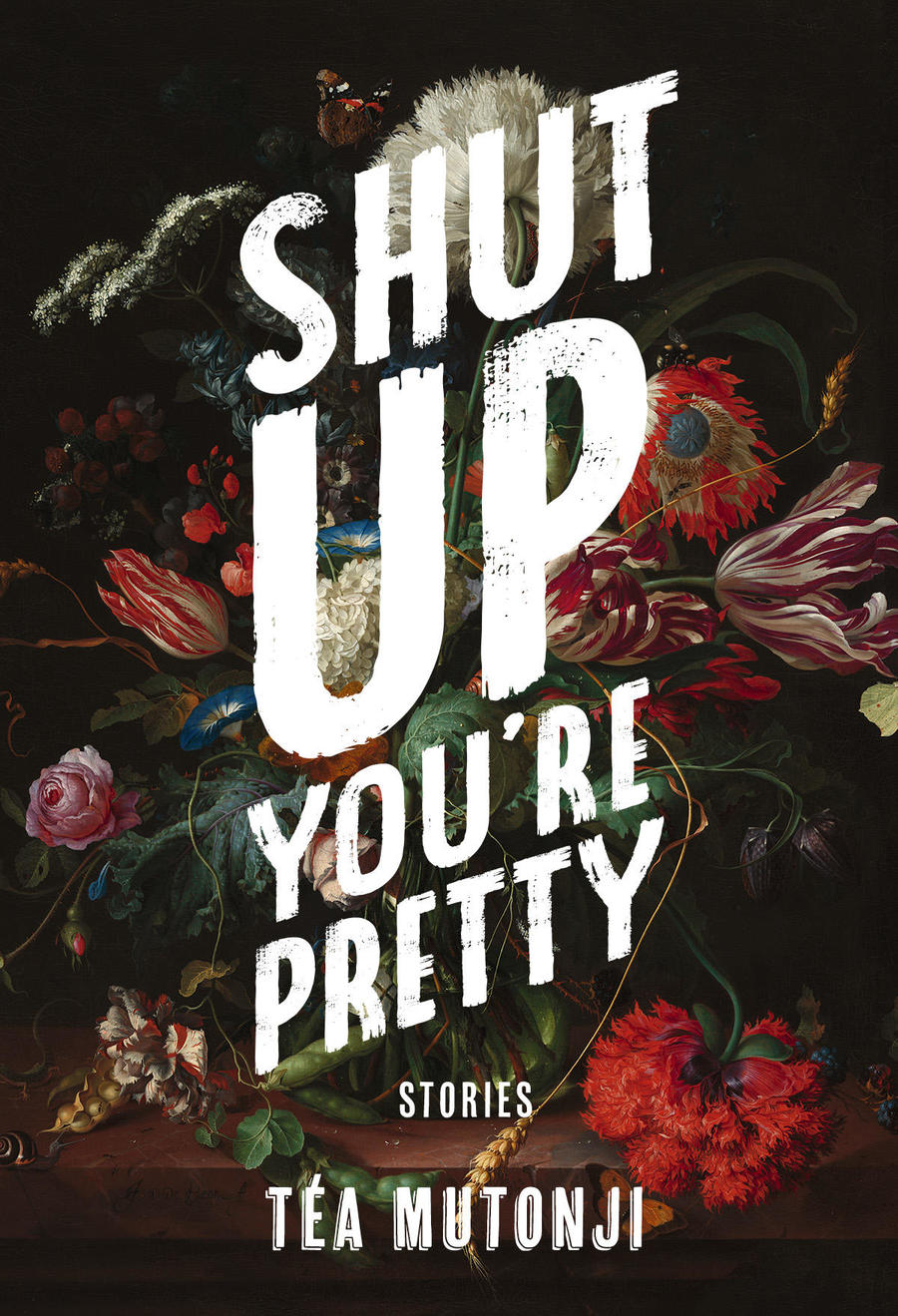Canadian authors you should definitely be reading
For many of us growing up, reading Canadian literature in school was limited to reading older white, primarily male writers. Here are some strong voices that are changing how the face of literature looks to match the country’s increasingly diverse population.
Cherie Dimaline

Cherie Dimaline is an award-winning Métis writer whose first book, The Marrow Thieves, won the Governor General’s Literary Award as well as numerous other awards and has been on bestseller lists since its publication in 2017. Aimed at a youth audience (but powerful and gripping for readers of any age), The Marrow Thieves is set in a dystopic future where Indigenous people are hunted for their bone marrow, which contains the ability to dream—an ability that has been lost by the rest of the population. Set in a dystopia that is much too close to past and current realities, The Marrow Thieves is jarring and haunting, but it is ultimately a hopeful and inspirational narrative.
Her most recent book for an adult audience, Empire of Wild, is about a woman searching for her husband, who has gone missing after an unfortunate encounter with the Métis community’s werewolf-like figure called the Rogarou.
The novel does an excellent job of inverting the damsel-in-distress trope. In Empire of Wild it is our protagonist Joan who has to save her husband, and whose very memory serves as her husband’s only beacon of hope and link to sanity as he awaits his rescue.
Dimaline brings Joan’s character to life. She is powerful, but not superhuman; someone you can always root for, but not idealized. The honesty with which Dimaline portrays Joan’s humanity and flaws only serves to highlight the character’s strength. This honesty is most evident in the novel’s assessment of the insidious ways in which colonialism is working to deprive Indigenous peoples of their land to this day.
Vivek Shraya

Vivek Shraya is a multi-talented artist, musician, novelist, playwright, filmmaker, and poet, as well as an assistant professor of Creative Writing at the University of Calgary. Raised in Alberta and of South Asian descent, her work speaks to her experiences as a trans artist of colour.
Her first novel, She of the Mountains, tells the coming-of-age story of the unnamed protagonist as he explores his sexual and gender identity, and the many ways in which a relationship can change and evolve. We are privy to the main character’s constant inner battle with his own identity—something that may feel very familiar, especially to queer youth. The lyrical quality of this narrative is perfectly suited to be interspersed with stories from Hindu mythology, specifically about the goddess Parvati and her relationship with her husband Shiv and son Ganesha. This twin narrative will be instantly recognizable to those who have been raised on these stories already, but it is not necessary to be familiar with them to appreciate their truthfulness and beauty. Shraya’s retelling is at once authentic and fresh. Delving into Goddess Parvati’s psyche, it celebrates the love that exists between partners, and between parent and child. Complete with artwork by Raymond Biesinger, She of the Mountains is a celebration and exploration of love and identity.
Téa Mutonji

Téa Mutonji’s collection of short stories, Shut Up You’re Pretty, was a finalist for the Rogers Writers’ Trust Fiction Prize and is the first publication from VS. Books, an imprint of Arsenal Pulp Press created by Vivek Shraya in order to support young writers who are Indigenous, Black, or people of colour. A student at the U of T Scarborough campus, Mutonji is originally from the Republic of the Congo and immigrated as a child to Scarborough, where her book is set. The collection of stories centres on the character of Loli, starting from her childhood in the Galloway neighbourhood of Scarborough into her transition into a young woman. The stories shine a harsh light on the realities of race and sexuality. The title of the book comes from one of the stories and speaks to the demeaning nature of being valued for your physical appearance (Mutonji was convinced to title one of her stories this after a friend yelled it at her in a bar). There is a poetic quality to the collection, and the entire book walks the line between poetry and novella. The experience of reading it is like being given access to a snapshot of Loli’s life, and is at once stark and beautiful.
